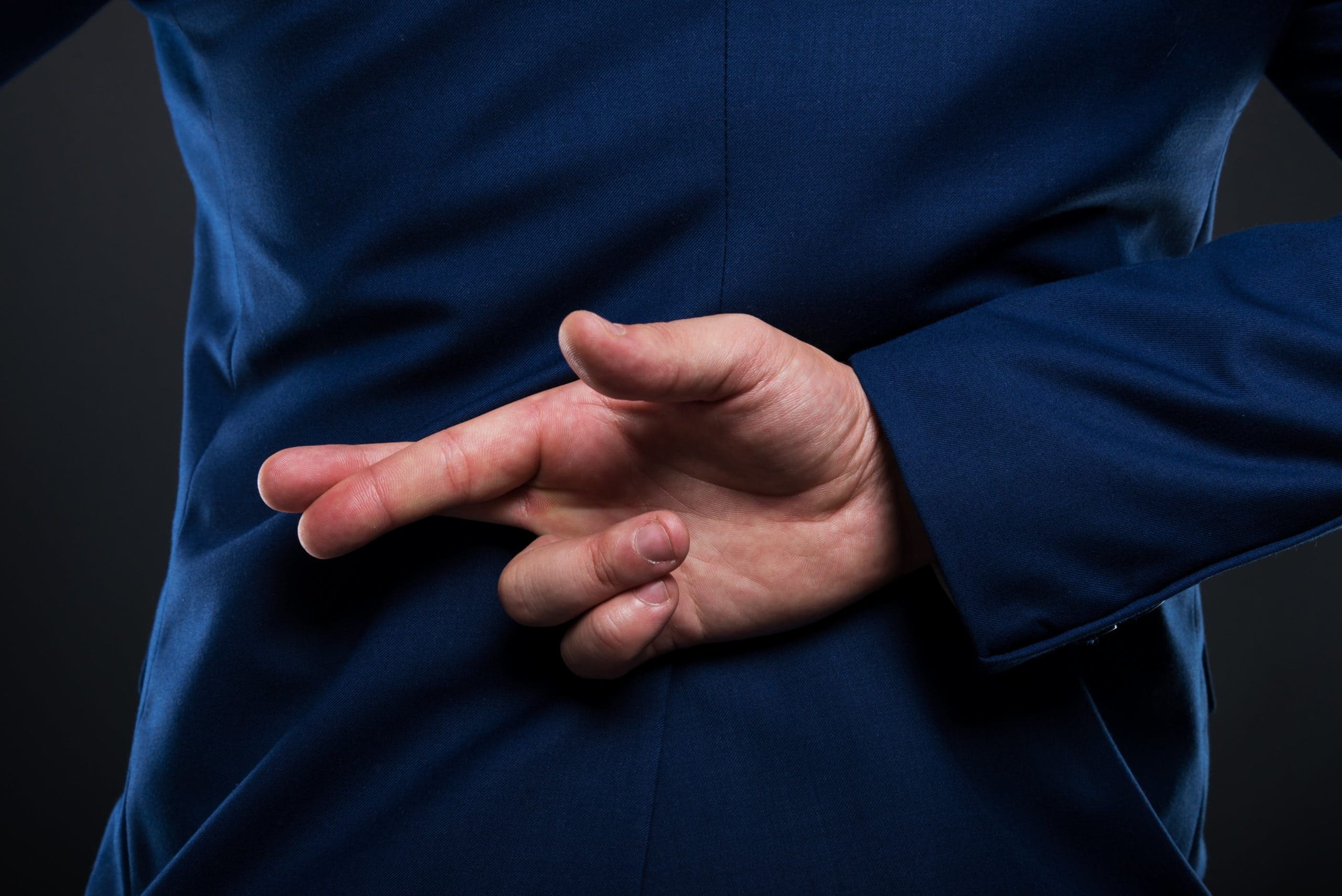It’s a widely held understanding that companies will attempt to make their services look as appealing as possible in advertisements. After all, how else will they convince consumers like you that their product is more worthwhile than the competition? In a free market, advertising is as natural and normal as breathing. Unfortunately, consumers cannot always take a company’s word for it. Sometimes corporations take their claims of excellence a step too far in the interest of appearing as positive as possible and end up opening themselves up to potential false advertising claims. When a business misleads a consumer through advertisements, it’s time to address the problem head on before customers are injured.
What is False Advertising?
Truthfully, “false advertising” is not a legally defined term. However, the Federal Trade Commission (FTC) does outline specific terminology that is legally enforceable under the law. The FTC prohibits the use of “deceptive” or “unfair” practices in the sale of products or services. But, what does that even mean? Aren’t those subjective words? Luckily, the FTC has also clearly defined these terms so there is no legal confusion or subjectivity.
A practice or advertisement is “deceptive” if it:
- Likely misleads consumers, purposefully or accidentally.
- Would alter a consumer’s feelings or behavior about a product or service. (i.e.: a consumer specifically purchases an item because they believe it will last longer than another product)
Practices or advertisements are “unfair” if they cause financial or physical injury that is:
- Significant
- Not outweighed by benefits
- Not reasonably avoidable
If a product or service advertisement fulfills these definitions (even by omission or implication), then the advertisement is likely in violation of FTC guidelines.
How Do Companies Protect Themselves from False Advertising Claims?
Most companies go to great lengths to avoid making any outrageous, deceptive, or unfair advertising claims. Their goal is to sell more products or services, and if their item doesn’t stand up to the average consumer, the bad press could ruin them. For this reason, a business’s marketing department – either internal or external – should scrutinize their own advertisements for potential FTC violations.
Companies that make claims referencing statistical findings or research should always back up these claims with specifics. For example, if an advertisement states that 9 out of 10 dentists recommend a particular toothpaste, they should also provide access to the study or survey this metric references.
Businesses can also provide disclaimers to protect themselves from potential claims of deceptive or unfair advertising. However, the disclaimer must be obvious and readable to the average consumer. Overly complex or well-hidden disclaimers will have a harder time standing up in court against an Unfair and Deceptive Acts and Practices (UDAP) claim.
They may also offer consumers product demonstrations and refunds if the product doesn’t perform as advertised or expected.
What Do I Do if I Think a Business is Using False Advertising?
UDAP claims are very serious offenses and can be both criminally and civilly prosecuted depending on the situation. Consumers who believe they have a UDAP claim should report the business to the FTC immediately so the FTC can begin an investigation. Consumers who report may not be notified of any fines or investigations, but they should trust the FTC will follow up if necessary.
If you have already reported a business to the FTC but are now dealing with your own economic or physical injury as a result of deceptive or unfair advertisements, you can also seek out legal assistance from an attorney to determine your next course of action.
Protecting Consumer Rights Across the Country
Consumers should always have a clear picture of the products and services available to them without fear of being misled. The UDAP Civil Penalties attorneys of McCune Wright Arevalo, LLP, have more than 30 years of experience protecting the rights of consumers who have been misled or injured by unscrupulous business practices. With more than $1 billion recovered for our clients, our history of success speaks for itself.
If you have been injured financially or physically by a product due to deceptive or unfair advertisements, you deserve recovery. Contact us today or call (909) 345-8110.
